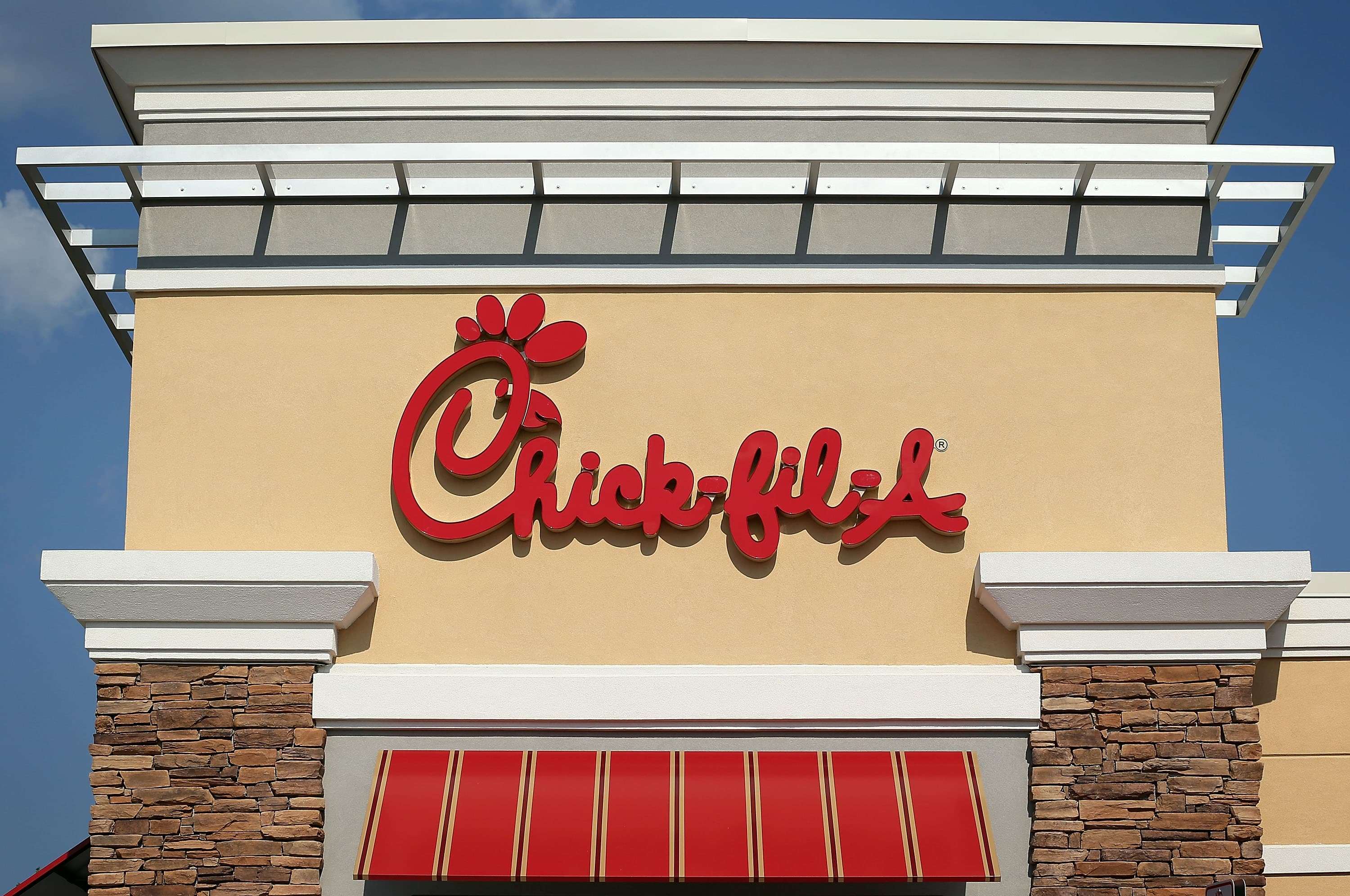The Volokh Conspiracy
Mostly law professors | Sometimes contrarian | Often libertarian | Always independent
No airport concessions for opponents of same-sex marriage?

The Denver City Council is reportedly holding up a new concession agreement for Denver International Airport (DIA) because it does not want to approve the operation of a Chick-fil-A. Specifically, some council members do not like the fact that Chick-fil-A executives were critical of same-sex marriage.
The Denver Post reports:
Chick-fil-A's reputation as an opponent of same-sex marriage has imperiled the fast-food chain's potential return to Denver International Airport, with several City Council members this week passionately questioning a proposed concession agreement.
Councilman Paul Lopez called opposition to the chain at DIA "really, truly a moral issue on the city."
His position comes despite ardent assurances from the concessionaires - who have operated other DIA restaurants - that strict nondiscrimination policies will include protections based on sexual orientation and gender identity.
Robin Kniech, the council's first openly gay member, said she was most worried about a local franchise generating "corporate profits used to fund and fuel discrimination." She was first to raise Chick-fil-A leaders' politics during a Tuesday committee hearing.
This is not the first time we've seen political leaders seek to impose a political litmus test on business owners. Eugene Volokh blogged about politicians in Chicago and Boston threatening to deny Chick-fil-A permits for the same stated reasons. The problem, as he explained here, is that such actions constitute unconstitutional viewpoint discrimination under the First Amendment.
[D]enying a private business permits because of such speech by its owner is a blatant First Amendment violation. Even when it comes to government contracting - where the government is choosing how to spend government money - the government generally may not discriminate based on the contractor's speech, see Board of County Commissioners v. Umbehr (1996). It is even clearer that the government may not make decisions about how people will be allowed to use their own property based on the speaker's past speech.
The government may impose all sorts of conduct requirements on concessionaires, including non-discrimination rules, but it may not penalize a potential concessionaire because of the political expressions or beliefs of its owners or managers. Private individuals and private companies are free to take such concerns into account when deciding where to take their business. Governments may not.
Councilman Lopez may believe there is a "moral issue" here, but as a government official, he needs to pay a bit more attention to the constitutional issue.
(Hat tip: Sonny Bunch)
UPDATE: Hans Bader writes:
The most superficially appealing argument made by commenters to posts similar to yours is that Chick Fil-A's CEO's opinions might be a harbinger of illegal discrimination against gay patrons or employees. But the record rebuts and refutes such speculation.
If you do Westlaw searches, you will find something very interesting:
Chick Fil-A, which operates in many states and cities that have bans on sexual orientation discrimination, has basically no lawsuits against it for such discrimination. Or ANY kind of discrimination.
It is rare for a restaurant chain to have as few discrimination claims against it as Chick Fil-A. McDonald's has wage and hour lawsuits, as well as the occasional sexual harassment lawsuit. Chick Fil-A has virtually none (and that includes franchisees). . . . There is no evidence that Chick-fil-A discriminates against gay patrons, and it has restaurants in many cities than ban anti-gay discrimination.
Maybe it treats its employees very well.
To reiterate, it would be one thing for a government official to oppose a Chick-fil-A contract if there were evidence that the chain would not comply with relevant laws, including anti-discrimination laws. But that is not the case here.
UPDATE: See this Forbes article for a counter view on how one might view Chick-fil-A as an employer.


Show Comments (0)